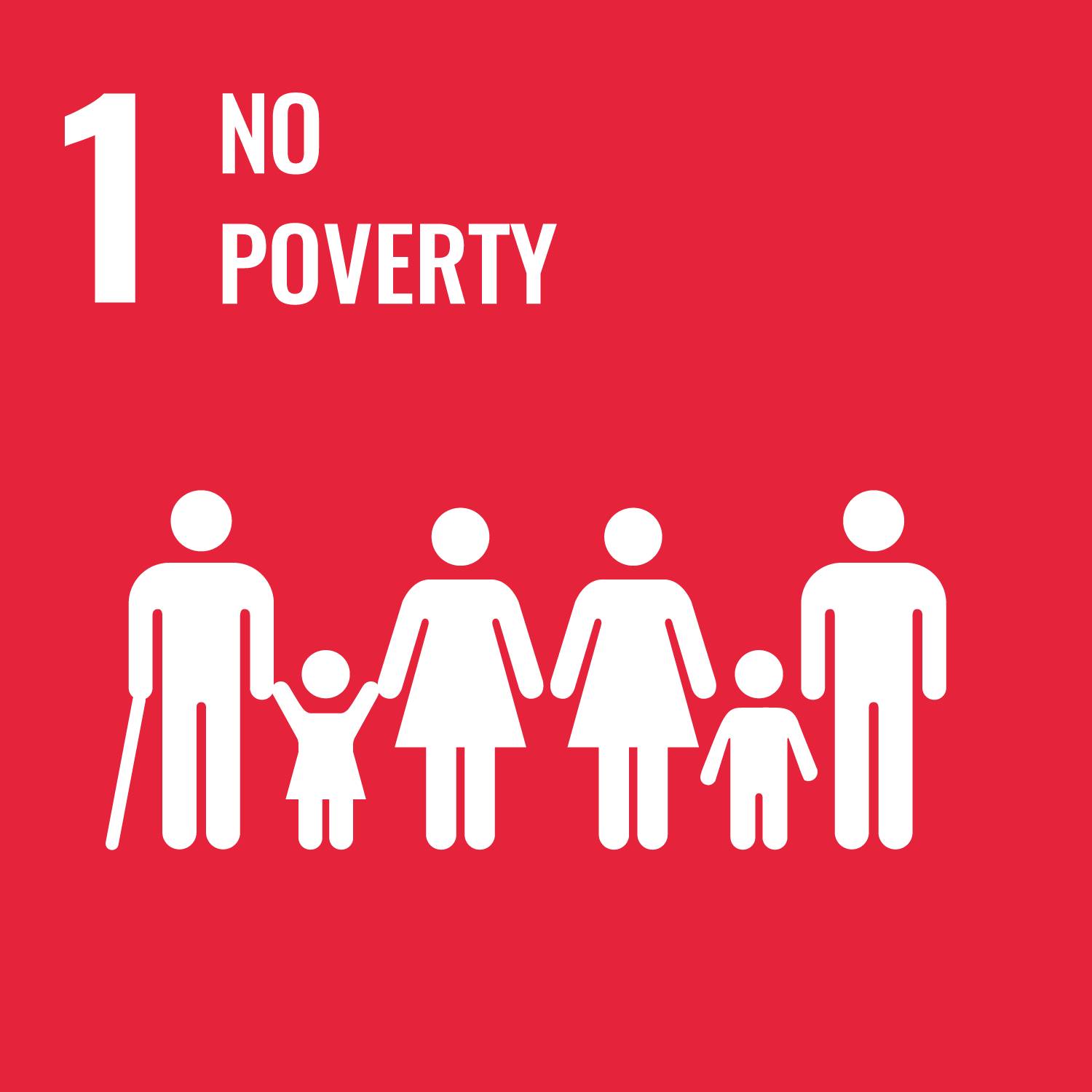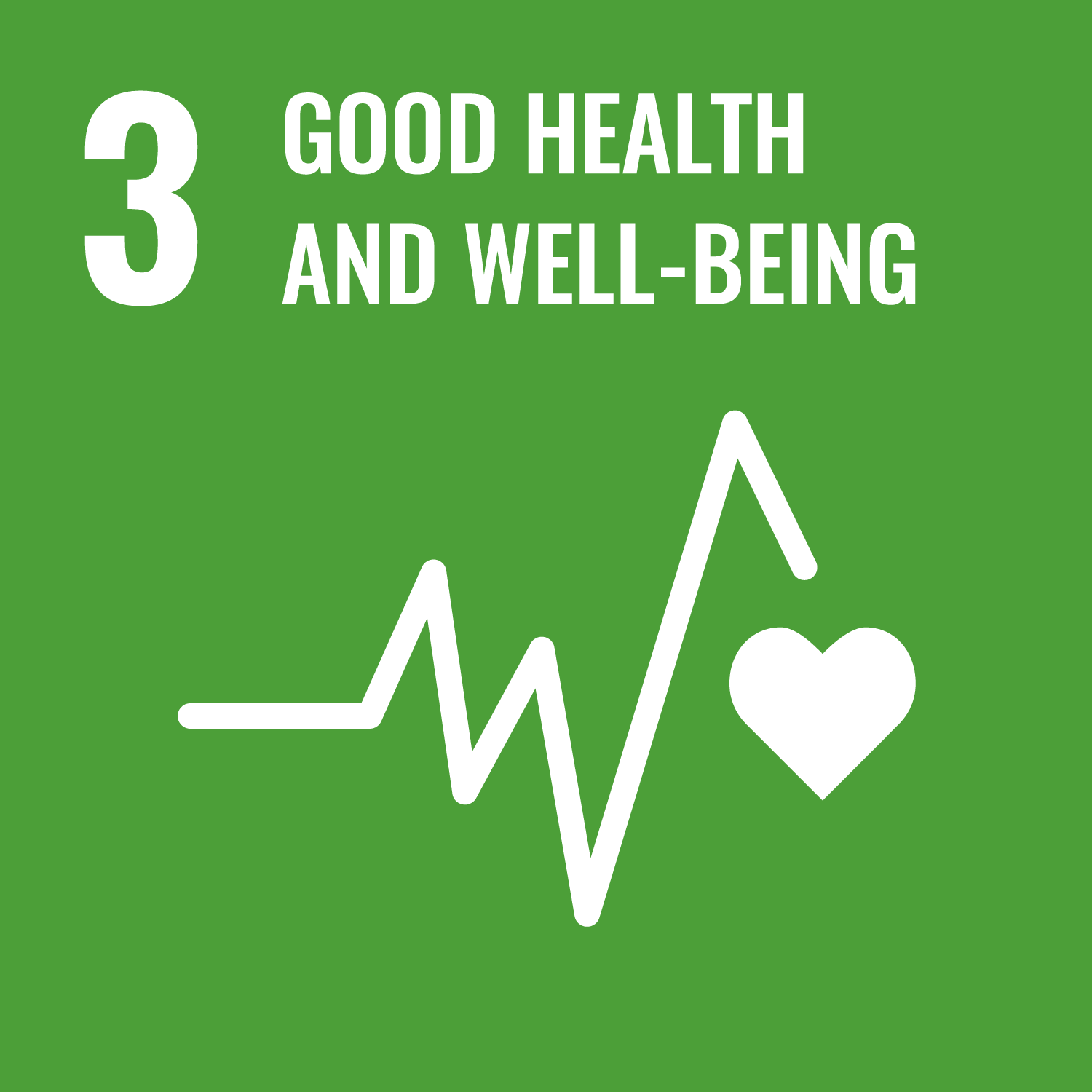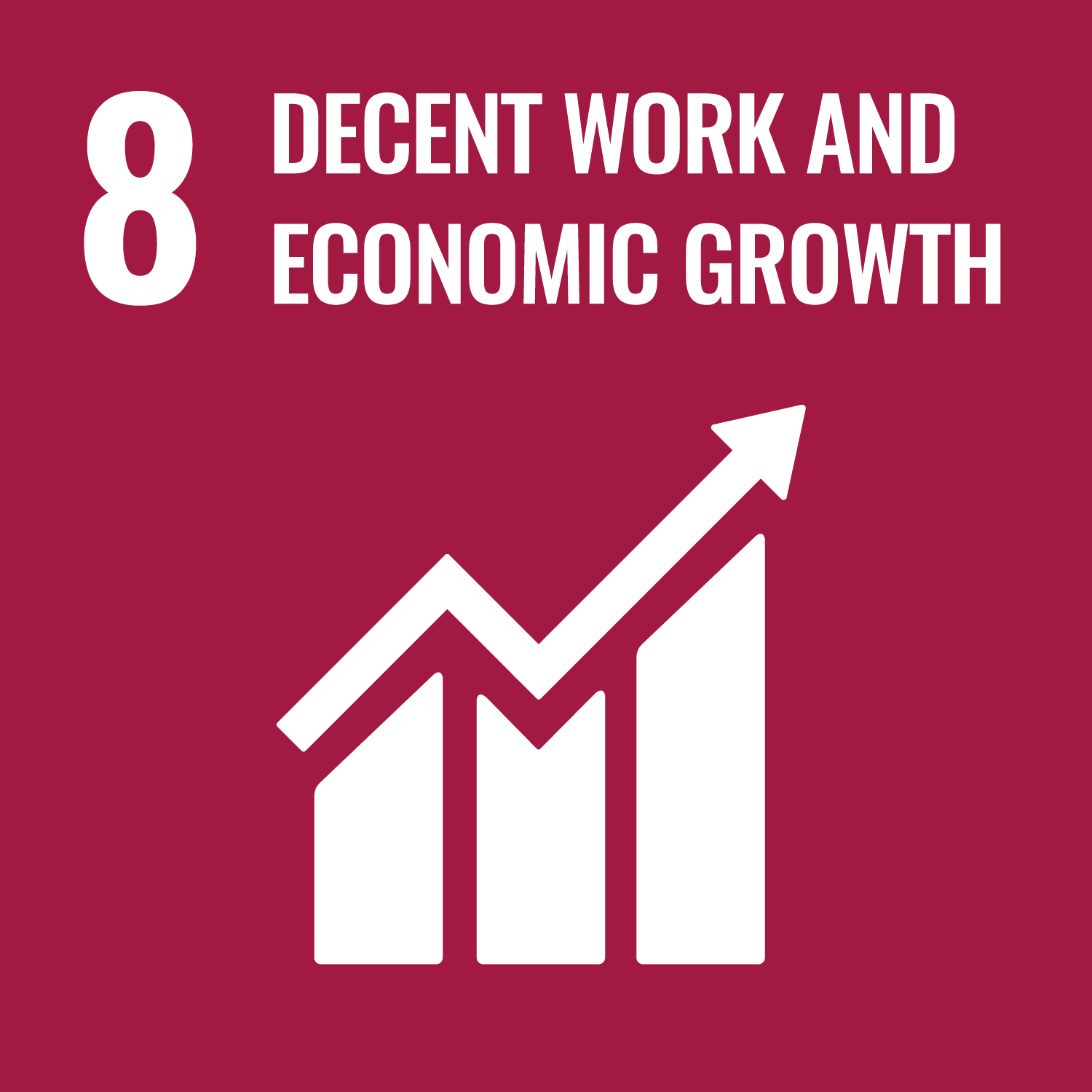In the context of covid-19, there are an array of challenges that coronavirus presents for sex workers. Not only are sex workers more exposed to contracting the virus, they are also more vulnerable to economic hardship due to the closure of clubs and establishments under strict quarantine laws. Amidst the outbreak of covid-19, sex work remains criminalised in many European countries, with many sex-workers forced to work within the informal economy, it becomes impossible for these workers to receive any form of government incentives to assist with the economic hardship of covid-19.
The article further notes that many sex workers are in fact amongst already marginalised populations, diverse SOGIESC sex workers face further hardship in the period of covid-19 having often being ostracised from their families due to homophobia. Furthermore, with economic hardship caused by covid-19, more people will turn to selling sex as a source of income. The article calls for governments to reconsider their current arrests, prosecutions and raids of sex work, and instead work closely with members of the sex work industry to generate meaningful programmes for economic development. In a time of economic hardship it becomes more pressing than ever to address the human rights, safety and protection of sex workers. This article calls for the decriminalisation of sex work, as it will help protect sex workers from violence and further stigmatization.








